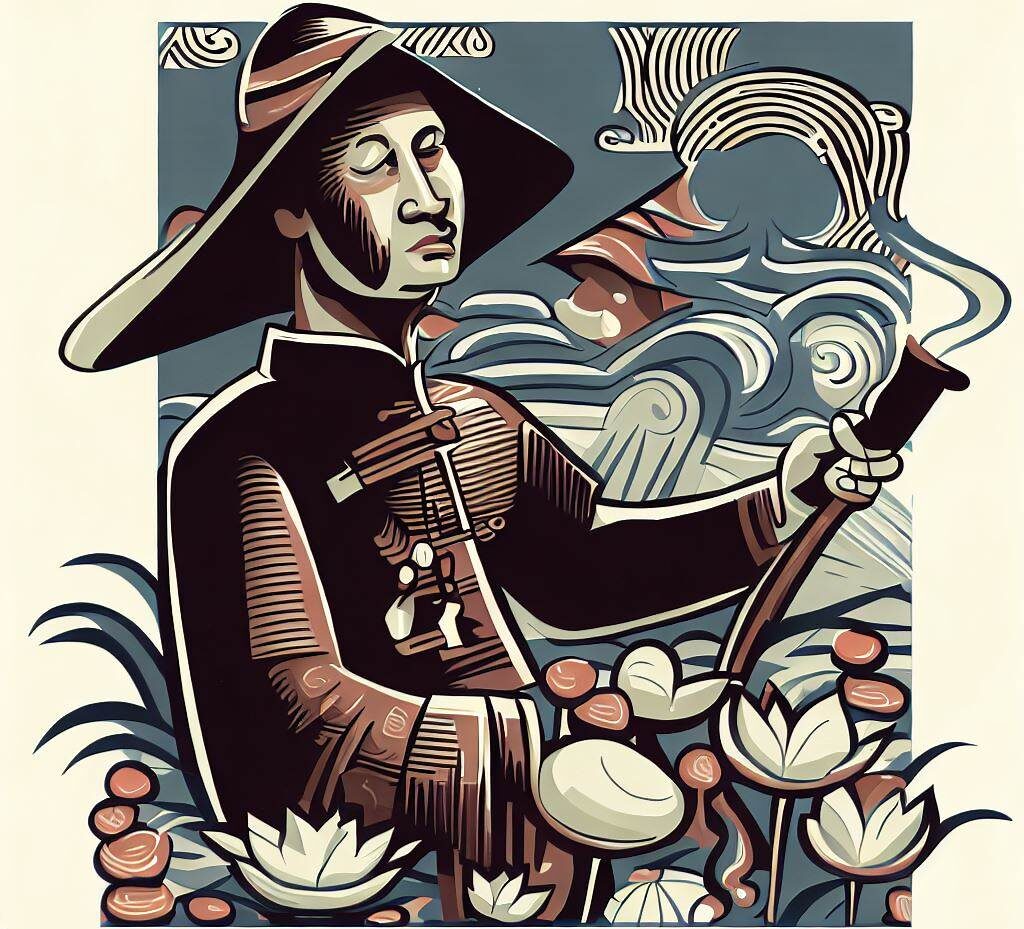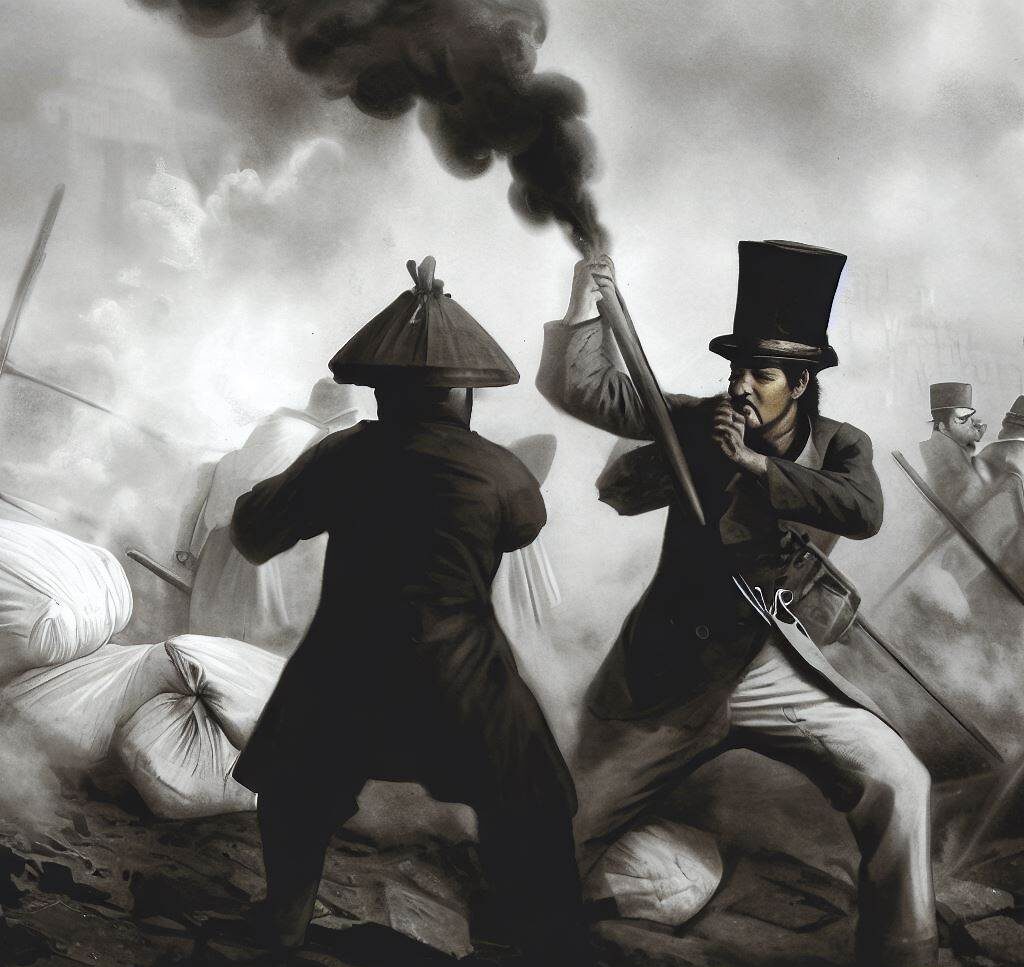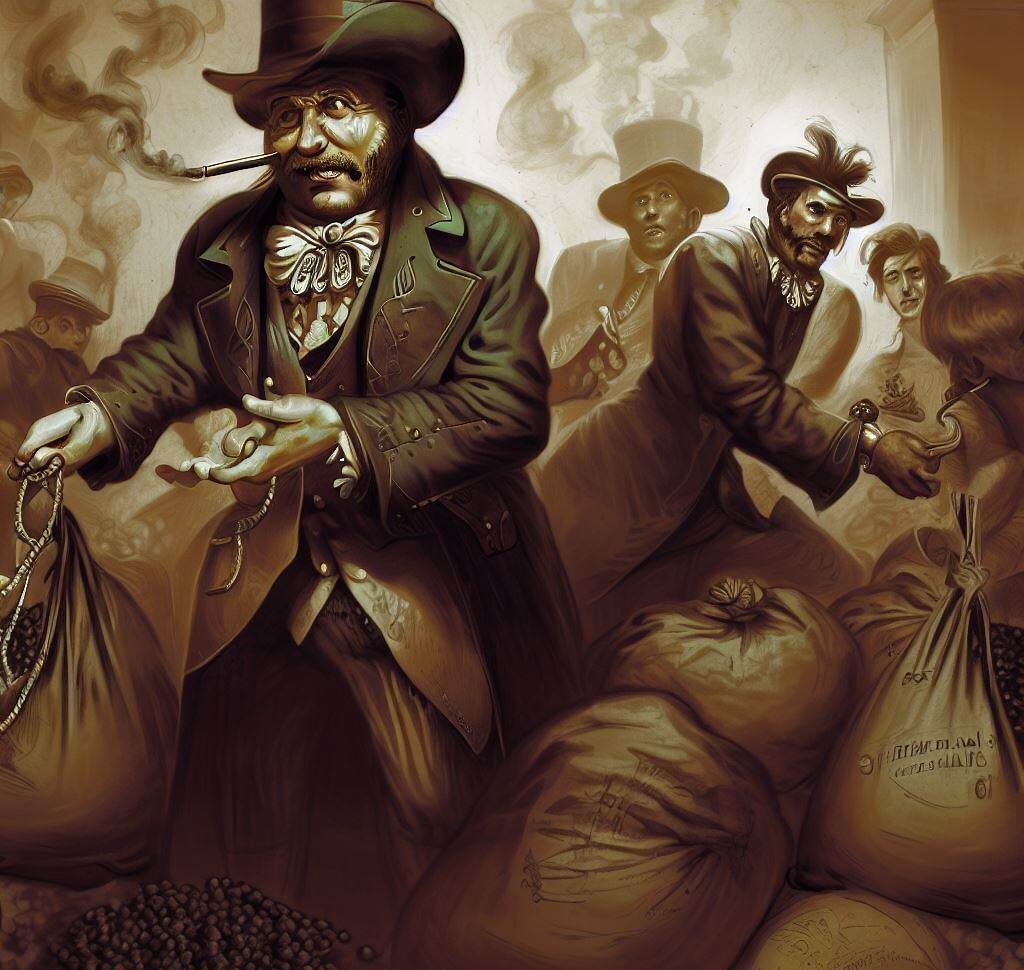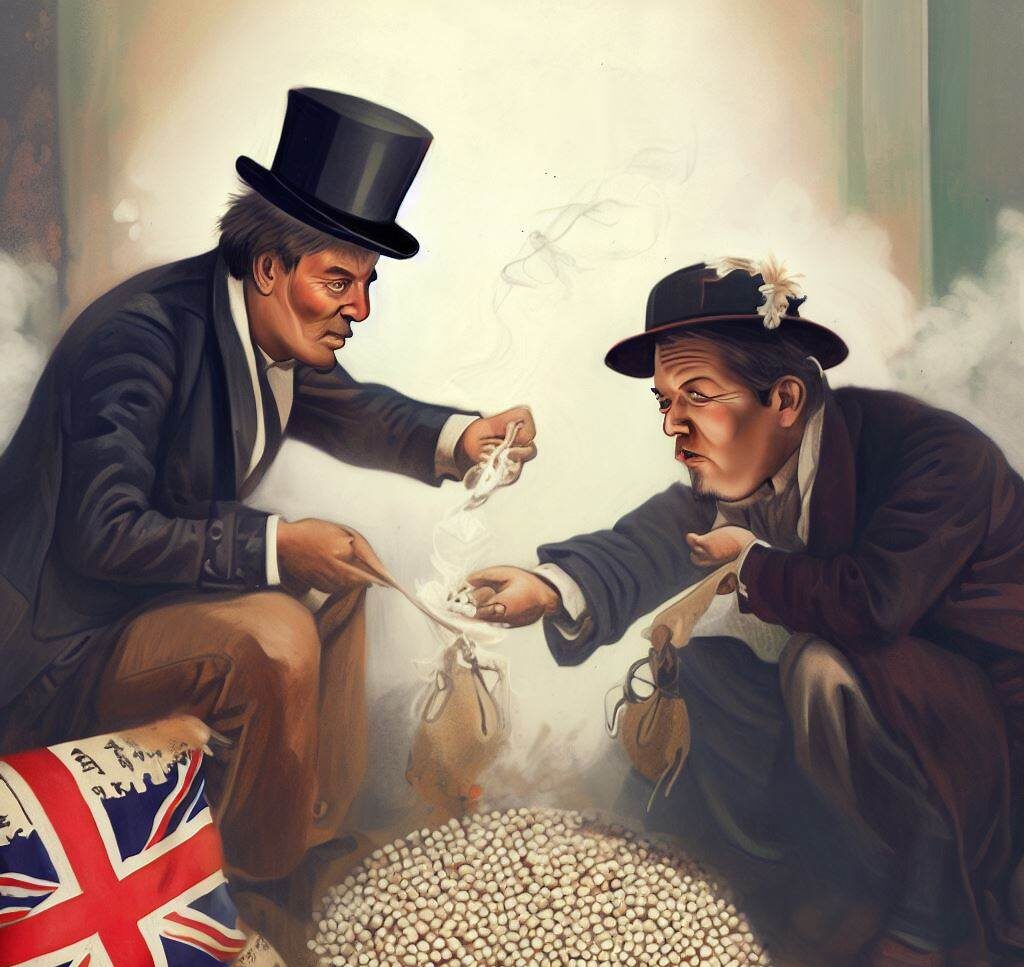The Opium War

The Opium War
The First Opium War were a series of conflicts between China and Britain in the mid-19th century. The wars were fought over trade imbalances and the illegal opium trade, which had devastating effects on Chinese society. The British emerged victorious and forced China to sign a series of unequal treaties, which weakened China’s sovereignty and contributed to the decline of the Qing dynasty. The Opium War had far-reaching consequences for China’s relationship with the rest of the world and marked the beginning of a long and complicated period of foreign intervention in China.
The Second Opium War, also known as the Arrow War, was fought between China and an alliance of British, French, and American forces from 1856 to 1860. The war was sparked by a dispute over the British-flagged ship Arrow and trade imbalances, which had persisted since the end of the First Opium War. The conflict was marked by several significant battles, including the capture of Beijing by the allied forces. The war ended with the signing of the Treaty of Tianjin, which granted foreign powers even greater access to China’s trade and territory. The Second Opium War further weakened China’s sovereignty and contributed to the decline of the Qing dynasty, leading to further foreign intervention and conflict in China.

Background
In the early 19th century, China was a major economic power, with a huge population and a flourishing agricultural sector. However, the Chinese government had imposed strict restrictions on trade and commerce, and foreign countries found it difficult to penetrate the Chinese market. The British, in particular, were eager to trade with China but were met with resistance.
To counterbalance the trade deficit, the British began to smuggle opium from India into China. The Chinese government, recognizing the danger of opium addiction, tried to ban the drug and seized large quantities of it. The British responded by sending in their navy to force the Chinese to accept the trade of opium.

The Reasons of Trade Restrictions
There were several reasons why China set restrictions on trade and commerce before the Opium War. One of the main reasons was to protect its domestic industries and agriculture from foreign competition. China had a self-sufficient economy and was producing enough food and goods to meet the needs of its vast population. Therefore, it did not see the need for importing foreign goods and preferred to maintain its own self-reliant economic system.
Another reason for China’s trade restrictions was to maintain its traditional Confucian social order. The Chinese government believed that trade and commerce could disrupt the social order by promoting greed and individualism over the collective welfare of society. Therefore, it sought to regulate and limit foreign influences to maintain social stability.
Additionally, the Chinese government had a long-standing suspicion of foreign traders and merchants. They were seen as potential threats to China’s sovereignty and security, and the government feared that they could be spies or agents of foreign governments seeking to undermine China’s political system.
Furthermore, China had a surplus of silver, which it used to trade with other countries. However, it was reluctant to accept foreign currencies or goods in exchange, as it believed that this could deplete its reserves of silver and cause inflation.
Overall, China’s restrictions on trade and commerce before the Opium War were a result of its desire to protect its domestic industries and agriculture, maintain social stability, and protect its sovereignty and security.
If you read this article carefully, with open mind for understanding, you’ll see scary similarities of present days. But this time, it’s not the classic British...and it’s a much stronger China.

The First Opium War 1839-1842
In 1839, the British sent an expeditionary force to China, led by Admiral Charles Elliot. The British blockade of the Pearl River delta quickly led to hostilities, and the Chinese were quickly overwhelmed by the superior firepower of the British. The British demanded that the Chinese government accept the trade of opium and cede Hong Kong to the British.
In 1842, the Chinese government was forced to sign the Treaty of Nanking, which opened up several ports to British trade, granted extraterritoriality to British citizens, and ceded Hong Kong to the British. The treaty was widely seen as humiliating to the Chinese and marked the beginning of a period of unequal treaties that lasted for over a century.
The Second Opium War 1856-1860
In 1856, another conflict broke out between China and Britain, known as the Second Opium War. The British were once again upset with the restrictions on trade, and this time they were joined by the French. The British and French forces captured Beijing, and the Chinese were forced to sign the Treaty of Tianjin, which granted even more concessions to the foreign powers, including the legalization of opium trade.

Consequences of the Opium War
The Opium War had far-reaching consequences for both China and the rest of the world. The war marked the beginning of China’s “century of humiliation” and set the stage for further foreign exploitation of China in the late 19th and early 20th centuries.
The war also marked a turning point in the global drug trade. The British had used the profits from the opium trade to buy tea and other goods from China, which helped fuel the Industrial Revolution in Britain. The British also exported opium to other parts of the world, including Southeast Asia, and helped to create a global demand for the drug.
Finally, the Opium War had a profound impact on China’s relationship with the rest of the world. The war highlighted the weaknesses of the Chinese government and its inability to resist foreign powers. It also led to a period of introspection in China, as Chinese intellectuals and leaders began to search for ways to modernize and strengthen their country.
Conclusion
The Opium War was a pivotal moment in Chinese history and had far-reaching consequences for both China and the rest of the world. The war was fought over trade imbalances and the illicit trade of opium from British India to China, and it marked the beginning of a century of unequal treaties and foreign exploitation of China. The Opium War also had a profound impact on the global drug trade and China’s relationship with the rest of the world.









